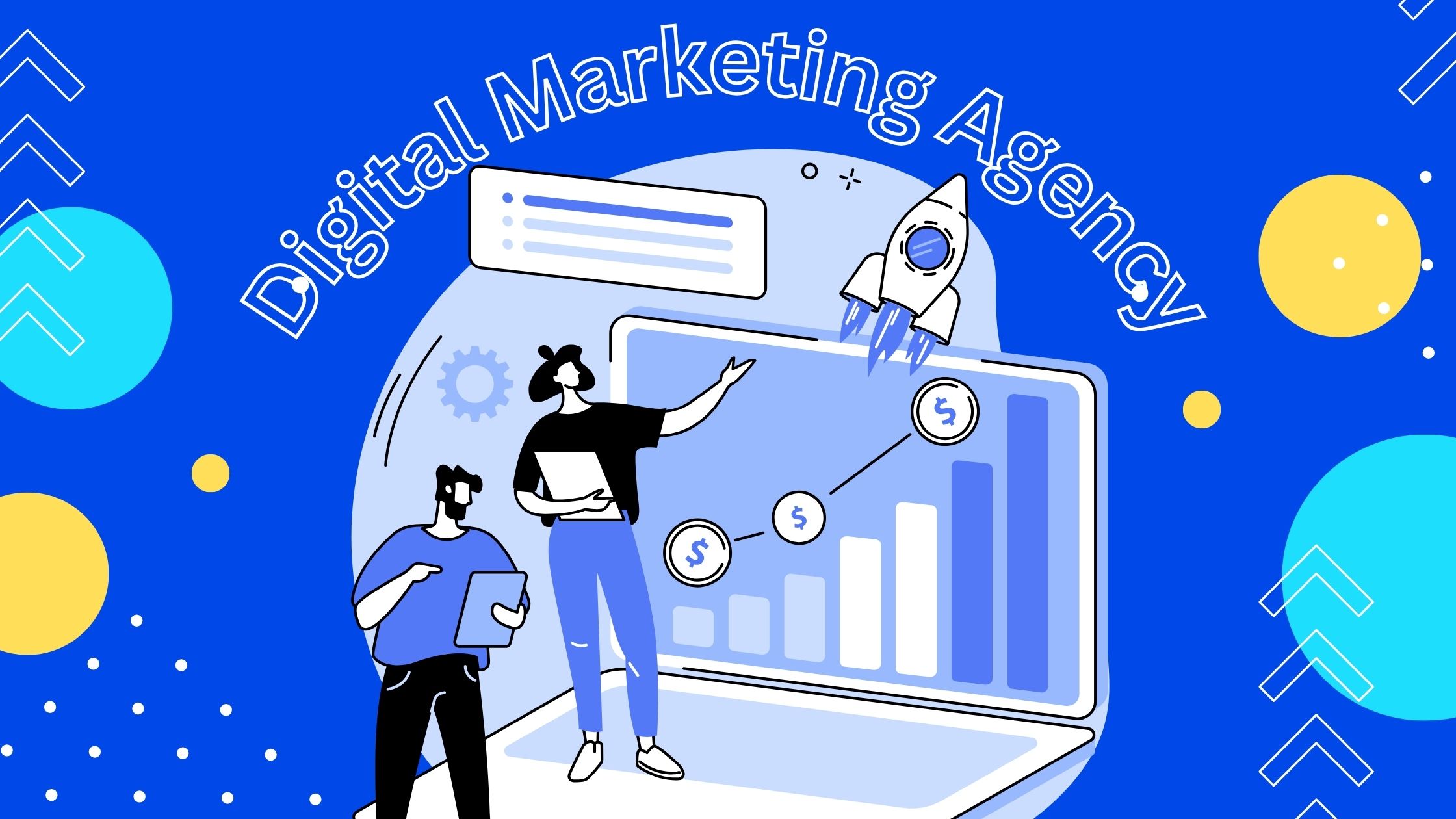Advantages and Disadvantages of E-commerce
E-commerce has revolutionized the way businesses operate, offering unparalleled convenience and market reach. However, like any business model, it comes with both benefits and challenges. Understanding the advantages and disadvantages of e-commerce can help entrepreneurs make informed decisions when transitioning to online sales. What is E-commerce? E-commerce refers to the buying and selling of products and services over the internet. It enables businesses to reach a global audience without the need for a physical storefront. Whether through standalone websites, social media platforms, or online marketplaces, e-commerce provides businesses with opportunities to expand their reach and streamline e-commerce can be categorized into several models, including: Business-to-Consumer (B2C): Companies sell directly to customers, such as online retailers like Amazon. Business-to-Business (B2B): Transactions occur between businesses, like wholesalers and manufacturers. Consumer-to-Consumer (C2C): Platforms like eBay and Facebook Marketplace facilitate transactions between individuals. Consumer-to-Business (C2B): Individuals sell products or services to businesses, such as freelancers offering services on platforms like Fiverr. Advantages of E-commerce 1. Reduced Operational Costs One of the major advantages of e-commerce is the lower operational costs compared to physical stores. Online businesses do not require expensive retail space, reducing costs related to rent, utilities, and in-store personnel. Instead, funds can be allocated to digital marketing and improving user experience. 2. No Geographical Limitations E-commerce eliminates geographical barriers, allowing businesses to sell products and services to customers worldwide. A physical store is limited by its location, but an online store is accessible 24/7, increasing sales opportunities and market expansion. 3. Scalability As a business grows, scaling operations with e-commerce is easier and more cost-effective. Unlike physical stores that require expansion investments, online businesses can quickly increase product listings, upgrade infrastructure, and optimize marketing strategies to accommodate growth. 4. Data-Driven Insights E-commerce platforms offer valuable data analytics that help businesses track customer behavior, purchasing patterns, and preferences. This data enables companies to tailor their marketing efforts, improve customer experience, and optimize sales strategies. 5. Convenience for Customers Consumers can shop at any time from the comfort of their homes, making e-commerce a preferred option for many buyers. The availability of multiple payment options, home delivery, and easy product comparisons enhance user convenience. 6. Digital Marketing Opportunities With the ability to leverage SEO, social media marketing, and targeted ads, e-commerce businesses can attract and retain customers effectively. Compared to traditional marketing, digital strategies provide higher engagement and conversion rates at a lower cost. 7. Faster Buying Process & Automation and Efficiency E-commerce enables customers to browse, select, and purchase products quickly without waiting in long queues. This ease of transaction enhances the user experience and drives higher sales. And businesses can automate various processes such as inventory management, billing, and order tracking, leading to better efficiency and fewer manual errors. Disadvantages of E-commerce 1. Security Risks One of the biggest disadvantages of e-commerce is cybersecurity threats. Businesses must implement strong security measures to protect customer data, prevent fraudulent transactions, and comply with regulations such as GDPR. 2. High Competition Since launching an online store is relatively easy, the e-commerce space is highly competitive. New businesses must invest heavily in SEO, branding, and customer service to stand out in a crowded marketplace. 3. Limited Customer Interaction Unlike physical stores where customers can touch and feel products, e-commerce lacks personal interaction. This can make it difficult for customers to assess product quality, leading to potential dissatisfaction and returns. 4. Shipping and Logistics Challenges Managing shipping logistics can be complicated, especially for international sales. Delivery delays, high shipping costs, and product damage during transit can negatively impact customer satisfaction. 5. Returns and Refunds Processing Handling product returns and refunds is a common challenge in e-commerce. Unlike physical stores where customers can verify products before purchasing, online buyers may return items due to unmet expectations, leading to increased costs for businesses. 6. Customer Trust Issues New e-commerce businesses often struggle to establish credibility. Customers may be hesitant to purchase from unknown websites due to concerns about product authenticity, payment security, and return policies. 7. Technical Issues and Maintenance E-commerce platforms require regular maintenance to ensure smooth operation. Bugs, server downtimes, and software updates can impact the overall shopping experience and lead to lost sales. Conclusion E-commerce is a powerful tool that provides businesses with cost savings, market expansion, and customer convenience. However, understanding the advantages and disadvantages of e-commerce is crucial to overcoming challenges such as security risks, high competition, and logistical complexities. By implementing effective strategies, businesses can maximize their online success and stay ahead in the digital marketplace. For businesses looking to scale their e-commerce operations efficiently, platforms like Blogrator Web Service offer robust solutions to streamline online transactions and enhance user experience. FAQs What are the main advantages of e-commerce? E-commerce offers cost savings, global reach, scalability, data insights, customer convenience, automation, and effective digital marketing opportunities. What are the biggest challenges of e-commerce? The main disadvantages of e-commerce include security risks, high competition, lack of physical interaction, dependence on technology, and shipping logistics. How can businesses secure their e-commerce platforms? Businesses can enhance security by using SSL certificates, implementing two-factor authentication, regularly updating software, and using secure payment gateways. How can e-commerce businesses reduce return rates? Providing detailed product descriptions, high-quality images, customer reviews, and clear return policies can help reduce return rates and improve customer satisfaction.





